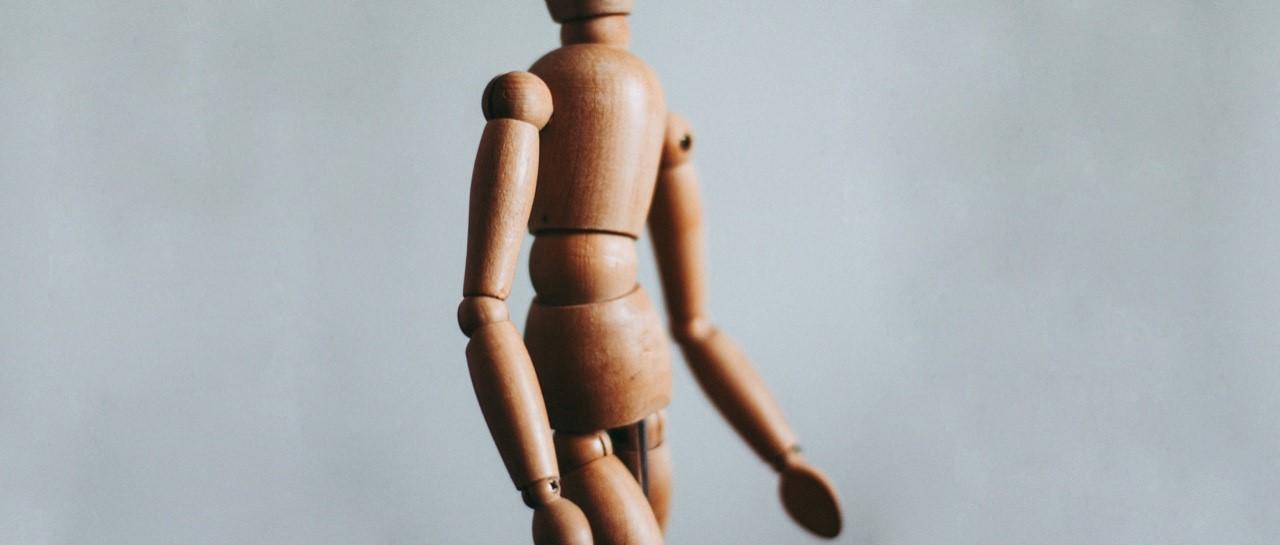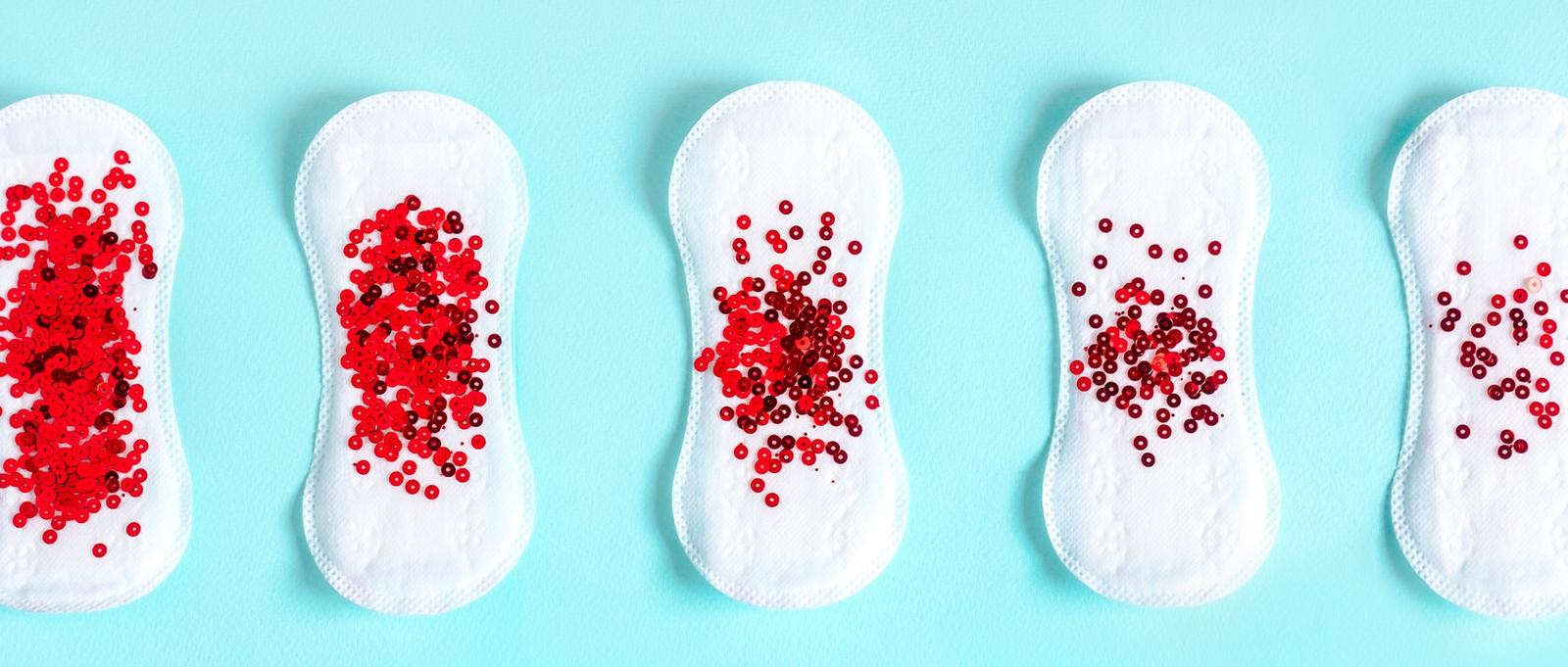
Poor social life linked to bone loss in postmenopausal women
Peer reviewed by Natalie HealeyLast updated by Milly EvansLast updated 10 Jul 2019
Meets Patient’s editorial guidelines
- DownloadDownload
- Share
- Language
- Discussion
Negative friendships and social relationships have been linked to bone loss in postmenopausal women in a new study.
Research published in the Journal of Epidemiology and Community Health has found that poor-quality social relationships which cause psychological stress could be associated with an increased risk of fractures and loss of bone mineral density (BMD) in postmenopausal women.
Previous studies have noted the impact of psychological stress on health, particularly mental health and overall life satisfaction.
A loss of BMD can put women at greater risk of osteoporosis, meaning that bones are less dense and more prone to fracture. Women lose BMD more quickly than men, especially after the menopause. Osteoporosis affects around two million women in the UK. Over a third of women will have at least one fracture as a result of osteoporosis in their lifetime.
Negative social interactions like poor friendships and relationships all contribute to social stress. The authors of the study suggest that this stress could affect BMD through changes in hormone levels, especially stress and growth hormones.
They collected data from over 11,000 women aged 50-79 who had gone through the menopause from a long-term women's health study in the USA. After six years, they asked women to score their social strain on a scale up to 20, with higher scores showing more strain. For each additional point on the scale, there was a 0.1% greater loss in hip BMD, 0.082% loss in BMD just below the hip joint (femoral neck) and just under 0.07% loss in the lower back.
The researchers encourage a greater effort to promote healthy social interactions for older women.
"The results support community-building social stress interventions in postmenopausal women to potentially limit bone loss," they said. Their findings highlight that it's not the number of friends which matters for bone density, but the overall social satisfaction felt by the woman. "We found that bone loss is among the physiological stress responses more strongly related to the quality of social relationships than quantity," they conclude.
The research was published in the Journal of Epidemiology and Community Health
Patient picks for Menopause and HRT

Hormones
What HRT did for me
Your experience with menopause will likely be different to your friends - the same is true for Hormone Replacement Therapy (HRT). Yet, sharing and listening to the personal experiences of others can offer knowledge, support, and hope. Here, Louise describes how her life changed for the better on HRT.
by Amberley Davis

Hormones
How your periods change during perimenopause
Perimenopause means ‘around menopause’. It is the time when your body starts to move towards menopause, which is when your periods stop. During perimenopause, your hormone levels go up and down, which can make your periods more erratic. We look at why this happens - and what you can expect your menstrual cycle to be like during perimenopause.
by Victoria Raw
Continue reading below
Article history
The information on this page is peer reviewed by qualified clinicians.
10 Jul 2019 | Latest version

Ask, share, connect.
Browse discussions, ask questions, and share experiences across hundreds of health topics.

Feeling unwell?
Assess your symptoms online for free
Sign up to the Patient newsletter
Your weekly dose of clear, trustworthy health advice - written to help you feel informed, confident and in control.
By subscribing you accept our Privacy Policy. You can unsubscribe at any time. We never sell your data.